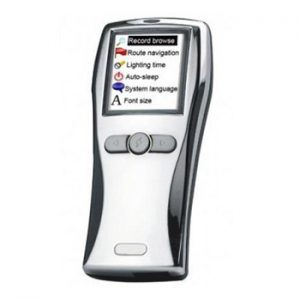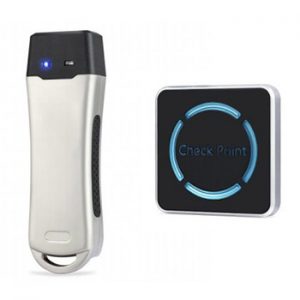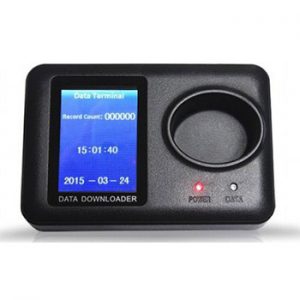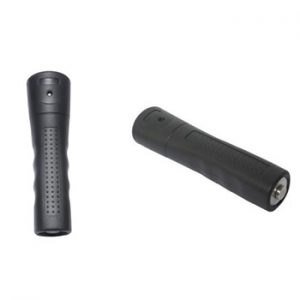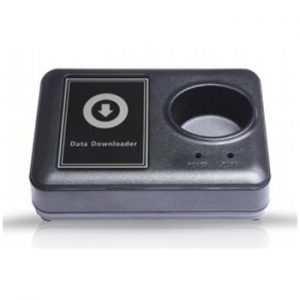The Guard tour system in Singapore
The Guard Tour System consist of a reader and check points. There will be a Software to collect and manage all the route and check points locations.
This Guard Tour software will download the data of the route, the check points, and the guard that was assign to do the tour.
Efficient Systems Pte Ltd has a guard tour solution that can take all the guards instantaneous real time clocking of the check points during their tour. The Guard Tour System will also detect if the guards are not following the route as defined.
This type of Guard Tour System will manage the guard’s efficiency and productivity. A basic type of Guard Tour System has a docking station to upload the handheld reader read data to the software. But for the GPRS or 4 G Guard Tour readers there is not docking station as data id upload to software in real time but requires a mobile sim card in the reader.
Our Guard Tour solution has various types of check point tags. We also provide high security type check point tags that cannot be duplicated or cloned.
Why Do We Need A Guard Tour System?
A guard tour system is a critical tool for ensuring efficient and reliable security operations. It ensures guards perform their duties effectively by tracking their patrols in real-time. Unlike manual systems that rely on paper logs and are prone to errors and lack accountability, a guard tour system provides:
- Real-Time Monitoring: Ensures guards visit all checkpoints as scheduled.
- Improved Guard Efficiency: Helps focus on critical areas and reduces negligence.
- Incident Reporting: Enables immediate logging and reporting of incidents, improving response times.
- Compliance and Accountability: Provides evidence of adherence to safety protocols and operational standards.
- Automated Record-Keeping: Simplifies reporting and delivers actionable insights to enhance security.
Whether for small or large-scale operations, these systems are indispensable for maintaining high security standards.
How Does a Guard Tour System Work?
A guard tour system operates through three primary components:
- Checkpoints
Strategically placed at key areas requiring inspection. - Patrol Reader
A device carried by guards to scan checkpoints. - Management Software
Compiles and analyses data from patrols.
Process:
- Guards scan checkpoints using a patrol reader during their rounds.
- The system records the time and location of each scan, creating a digital log.
- Data is either uploaded later or transmitted in real-time via GPS or mobile networks.
- Software generates reports, identifying completed routes, missed checkpoints, and anomalies.
Advanced systems include features like real-time alerts, route suggestions, fall detection, and incident reporting with photos and notes, improving accountability and overall security.
Types of Guard Tour Systems
Basic Guard Tour Systems
Use RFID or iButton technology for checkpoint verification. Data is manually uploaded later. Cost-effective and suitable for straightforward operations.
Online Guard Tour Systems
Utilise GPS, NFC, or GPRS for real-time data transmission. Ideal for dynamic environments needing live tracking and updates.
Guard Tour Mobile Applications
Use smartphones or tablets to scan QR codes or track routes via GPS. Flexible, user-friendly, and reduces the need for additional hardware.
How to Choose a Suitable Guard Tour System in Singapore
Key Considerations:
- Patrol Environment
- Large sites with multiple checkpoints benefit from online systems.
- Smaller areas may only require basic offline systems.
- Essential Features
- For immediate incident reporting, choose systems with mobile or real-time capabilities.
- Ensure durability for outdoor environments.
- Budget
- Basic systems are cost-effective.
- Online and mobile systems offer advanced functionality for a higher price.
- Scalability
- Ensure the system can adapt to your growing needs.
- Provider Reputation
- Opt for providers with reliable after-sales support and tailored solutions for Singapore’s security landscape.
Selecting the right system ensures effective security management, reduces operational risks, and enhances compliance.

